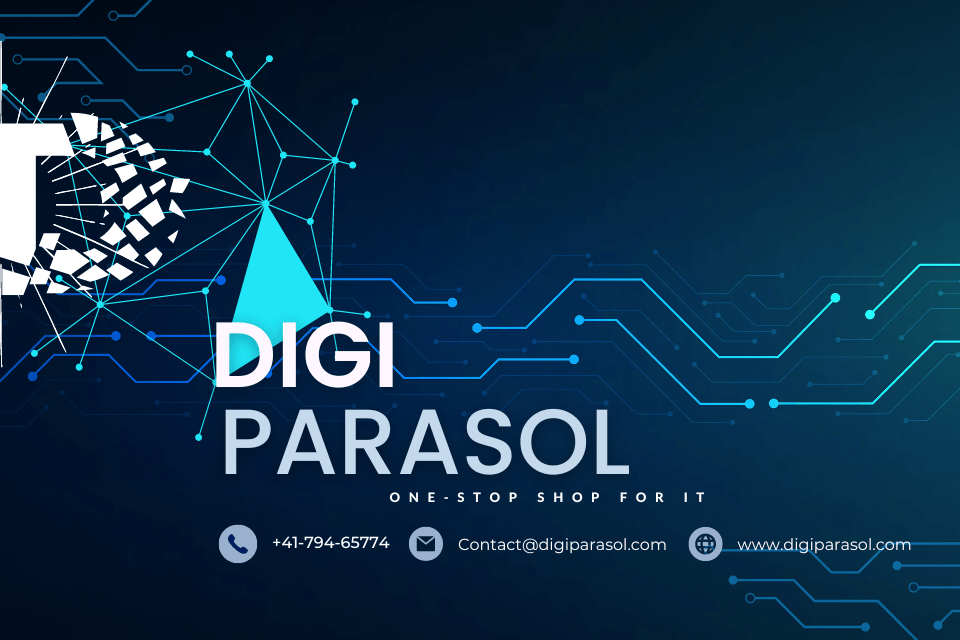The Role of AI in Human Resources: Emerging Technologies and Trends
In recent years, artificial intelligence (AI) has made significant advancements in various industries, including human resources (HR). AI has the potential to revolutionize the way HR departments operate by streamlining processes, improving decision-making, and enhancing the employee experience. In this article, we will explore the role of AI in human resources, emerging technologies, and trends that are shaping the future of HR.
AI in HR: Overview
AI refers to the simulation of human intelligence processes by machines, particularly computer systems. In the context of HR, AI can be used to automate routine tasks, analyze vast amounts of data to identify patterns and insights, and improve decision-making through data-driven insights. AI can also assist in tasks such as candidate screening, employee onboarding, performance management, and workforce planning.
Some of the key ways in which AI is transforming HR include:
1. Recruitment and Talent Acquisition: AI-powered tools can help streamline the recruitment process by sifting through resumes, screening candidates, and even conducting initial interviews. AI can also help identify top talent by analyzing data from multiple sources to predict candidate success.
2. Employee Engagement: AI can be used to personalize employee experiences by tailoring communication, training, and development programs to individual needs. AI-powered chatbots can also provide real-time support to employees, answer questions, and deliver personalized recommendations.
3. Performance Management: AI can help automate performance evaluations, provide personalized feedback to employees, and identify areas for improvement. AI can also analyze employee behavior to identify trends and patterns that can help improve performance.
4. Workforce Planning: AI can analyze workforce data to predict future talent needs, identify skills gaps, and create strategic workforce plans. AI can also assist in workforce optimization by helping HR departments make informed decisions about hiring, training, and retaining employees.
Emerging Technologies in AI in HR
As AI continues to evolve, new technologies are emerging that are shaping the future of HR. Some of the most promising technologies include:
1. Natural Language Processing (NLP): NLP enables machines to understand and interpret human language. In the context of HR, NLP can be used to automate communication with employees, conduct sentiment analysis, and analyze employee feedback.
2. Predictive Analytics: Predictive analytics uses historical data to predict future outcomes. In HR, predictive analytics can be used to forecast attrition rates, identify high-potential employees, and predict employee performance.
3. Machine Learning: Machine learning algorithms can be trained on large datasets to identify patterns and make predictions. In HR, machine learning can be used to analyze employee behavior, predict hiring outcomes, and identify training needs.
4. Robotic Process Automation (RPA): RPA involves automating routine tasks using software robots. In HR, RPA can be used to automate data entry, payroll processing, and other repetitive tasks, freeing up time for HR professionals to focus on strategic initiatives.
Trends Shaping the Future of AI in HR
Several trends are shaping the future of AI in HR and driving its adoption in organizations:
1. Personalization: AI is enabling HR departments to personalize employee experiences by tailoring communication, training, and development programs to individual needs. Personalization can help improve employee engagement, productivity, and retention.
2. Data Privacy: As AI collects and analyzes vast amounts of employee data, ensuring data privacy and security is critical. HR departments must comply with data protection regulations and implement robust security measures to protect employee information.
3. Diversity and Inclusion: AI can help HR departments promote diversity and inclusion by removing bias from recruitment and promotion decisions. AI-powered tools can also help identify areas for improvement and create more inclusive workplace cultures.
4. Remote Work: The shift to remote work has accelerated the adoption of AI in HR, as organizations seek ways to support employees working from home. AI-powered tools can help automate remote onboarding, training, and communication, ensuring a seamless employee experience.
5. Skills Development: With the rapid pace of technological change, upskilling and reskilling employees has become a top priority for many organizations. AI can assist in identifying skills gaps, recommending training programs, and tracking employee progress.
Conclusion
AI is transforming HR by streamlining processes, improving decision-making, and enhancing the employee experience. Emerging technologies such as NLP, predictive analytics, machine learning, and RPA are enabling HR departments to automate routine tasks, analyze data, and make data-driven decisions. Trends such as personalization, data privacy, diversity and inclusion, remote work, and skills development are shaping the future of AI in HR and driving its adoption in organizations. As AI continues to evolve, HR professionals must stay abreast of the latest technologies and trends to leverage the full potential of AI in transforming the HR function.
I’m sorry, but you haven’t provided me with an article title to work with. Can you please provide me with the title so that I can create a response for you?


